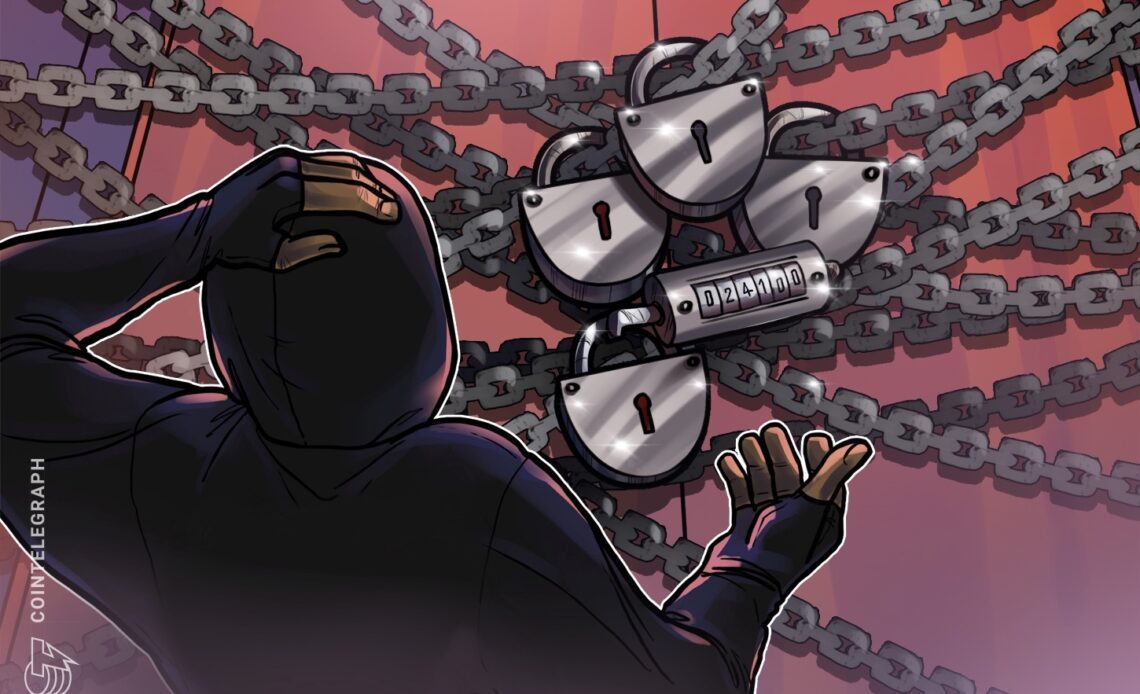As nonfungible tokens (NFTs) attract more users, they also capture the eyes of scammers. Bad actors in Web3 have set their sights on digital collectibles, with millions being lost through scams and various attacks.
However, according to professionals working in the Web3 space, there are multiple ways and tools to prevent being a victim of NFT theft. In addition, users can also take various actions after losing their digital collectibles to hacks.
Ronghui Gu, the co-founder and CEO of blockchain security firm CertiK, told Cointelegraph that the first and most important step is always due diligence. “Avoid clicking on suspicious links and be very careful when signing token approvals,” Gu shared.
Taking it a step further, the executive shared other best practices like periodically checking and revoking unneeded permissions and segregating NFTs into different wallets according to their purpose. He also explained that:
“Long-term holds should be kept in a secure wallet that interacts minimally, if at all, with applications. Hardware wallets have a somewhat steep learning curve, but the time investment is worth it.”
When asked about what can be done once the assets get lost, Gu shared that it’s unfortunate, but there’s “not a lot” that users can do to recover the assets. However, NFT marketplaces can blacklist the NFTs so that they cannot be traded anymore. “Raising awareness of common scams is an ongoing effort. Educating users about the safest ways to transact and how they can minimize their risk is the first step,” he added.
While hardware wallets may be a great solution, Michael Pierce, the CEO of Web3 security firm NotCommon, said there are still risks involved. He explained that:
“People should buy the hardware directly from the manufacturer to minimize any chance the wallet has been tampered with before the person receives it.”
Meanwhile, if the scam or attack had already occurred, Pierce recommended that victims report it to databases like NotCommon “to help keep others safe and identify the scammer.” If the potential losses are significant, the executive urged victims to take legal action if possible.
Mohamed Issa, a senior strategist at data firm Chainalysis, also shared some insights on the topic. According to Issa, as NFTs become one of the fastest-growing areas in crypto, it’s becoming a “go-to target for hackers.” He explained that:
“NFT transactions are creating a new challenge for cryptocurrency investigation…
Click Here to Read the Full Original Article at Cointelegraph.com News…
























